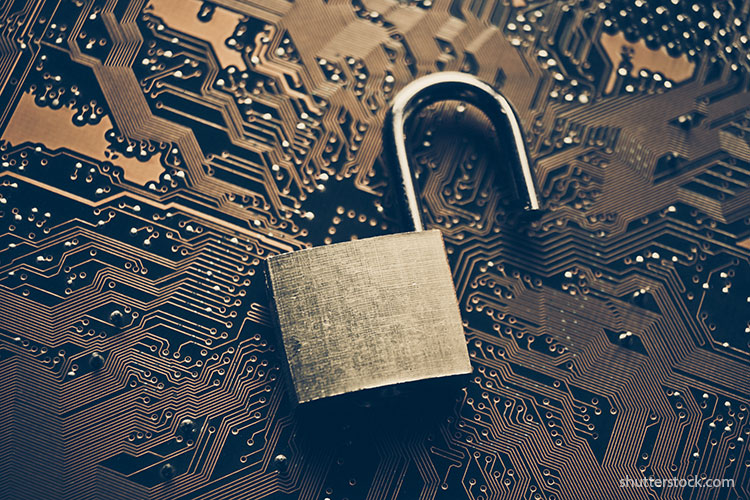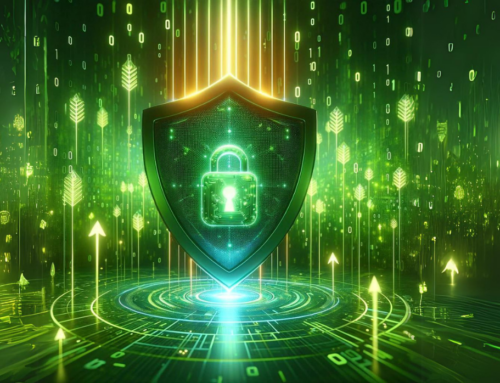Over the last few months, we’ve heard quite a bit about data breaches. Lynda, Yahoo, PayAsUGym… all large companies who have been breached recently. But those aren’t the only breaches occurring.
Every day, smaller, locally-owned companies are hacked and breached, too. It’s happening all around us, all the time, to all industries, of all shapes and sizes. And as a consumer and as a professional, it’s something you need to prepare for.
To do that, here’s what we suggest.
Strong Passwords
If you want to protect yourself from hackers and data breaches, then a strong password is the first place you should start. Create passwords that actually look like passwords. This means… no dog names, spouse names, favorite football teams, favorite foods, or pretty colors. Keep your passwords long; try to use phrases, and mix things up with capital letters and symbols.
Wi-Fi Caution
Connecting to a fake Wi-Fi hotspot is an actual thing. It can happen, and it happens all the time. Never connect to public Wi-Fi unless you are certain it’s safe to do so. And if you are going to connect to public Wi-Fi, don’t access sensitive information. Keep that data restricted to private connections.
Separate Emails
It could potentially help you secure your online data a little better if you separated your online activity into different email accounts. For example, all your bills and internet purchases go into one account, personal communication goes into another, and online signups go into a third. You can increase the security of these accounts depending on what information goes into them. This would mean that the email account with bills and online purchases might have a longer password and might require two-factor authentication to sign on.
Password Hygiene
Passwords are a big deal. The stronger your password is, the more of an opportunity you have to avoid becoming the victim of a data breach. Aside from creating the password itself, however, another facet of a solid password involves good password hygiene. This mainly incorporates two things. One, never reuse one password for multiple accounts. And two, regularly update your password (once every 3-6 months).
Security Questions
Security questions exist for a reason… a good reason. You shouldn’t write these off as “just another step.” With a well-thought out answer to your security question, you can add an additional layer of security to your account. But to do this successfully, you’ll have to think outside the box a little. Don’t just go with the obvious answers – because a hacker will know them. Get creative.
Secure Devices
A data breach can happen in a variety of ways… like as the result of a stolen device. If your device is stolen (or a coworker’s device is stolen), your personal or professional data may be leaked. And even if this data isn’t leaked, it’s still compromised. Because of this, you must take the proper steps to secure you connected devices. As a few quick tips, you should lock your devices with a password, rely on a gadget-finding app or device, and use a program that offers remote-wipe capabilities.






